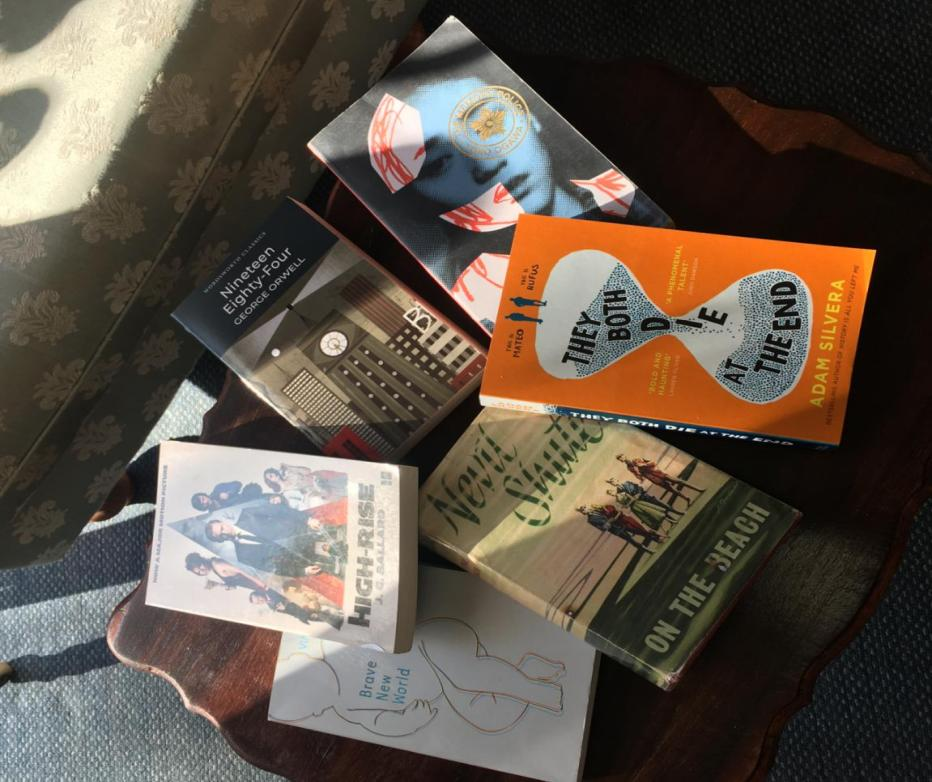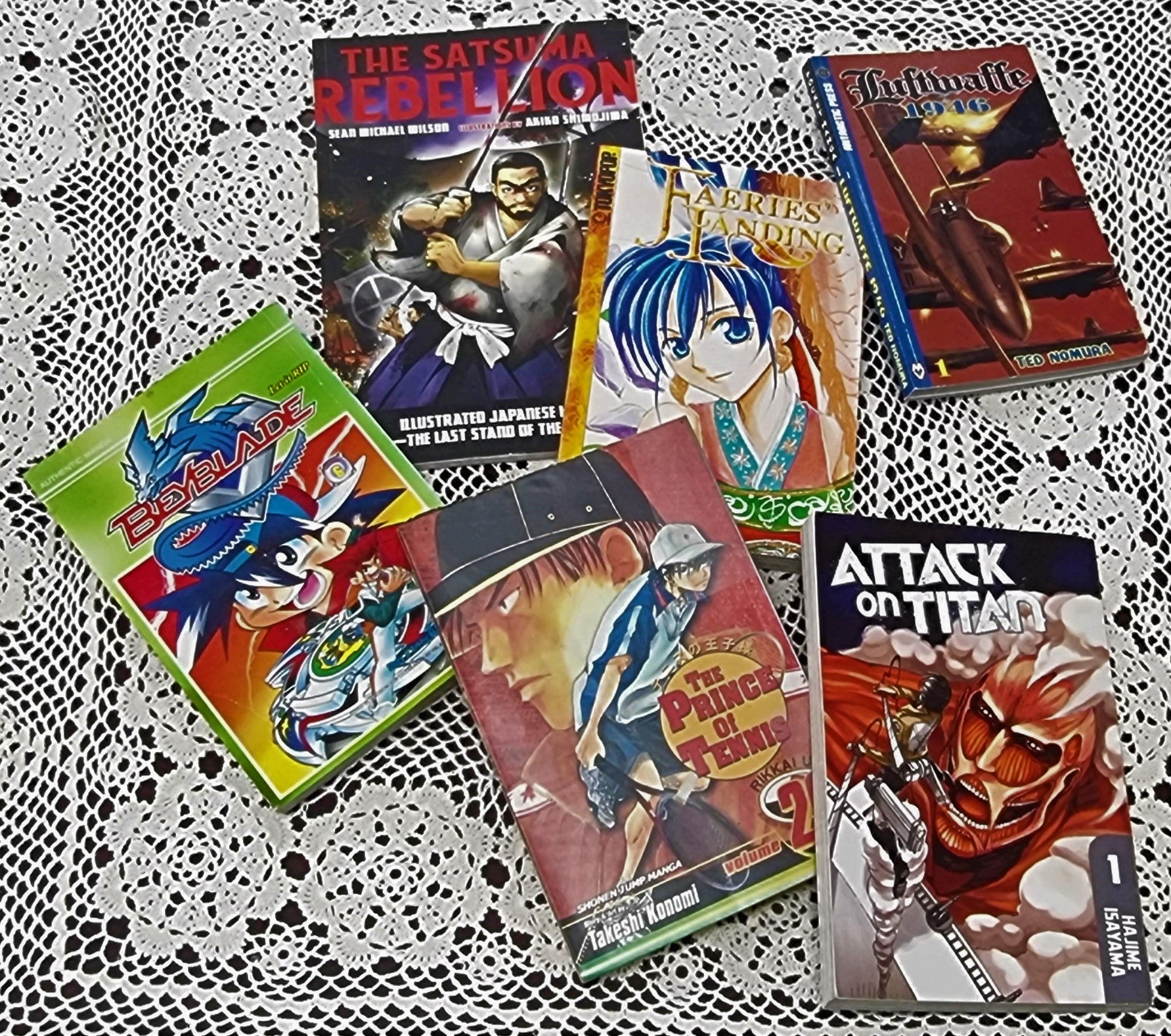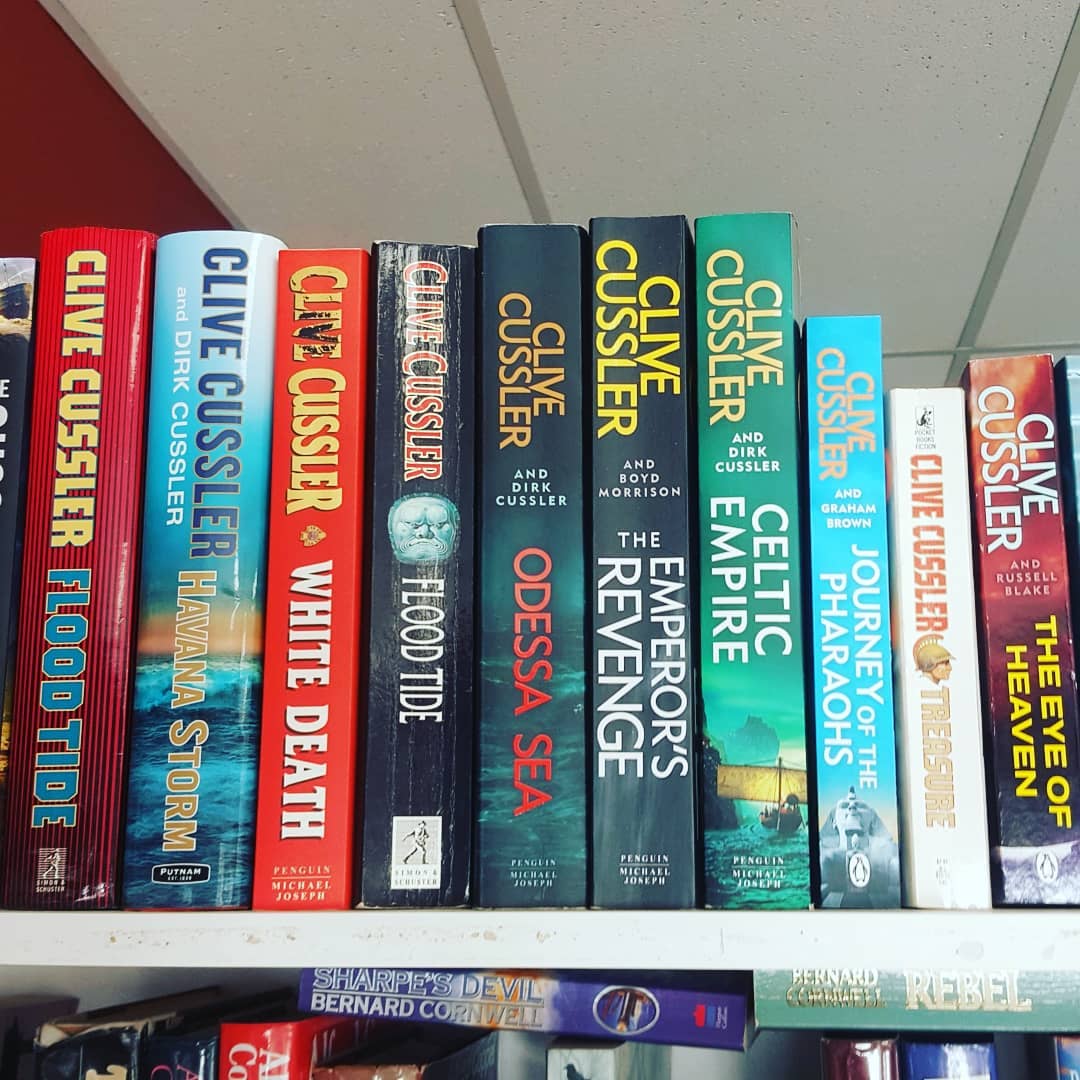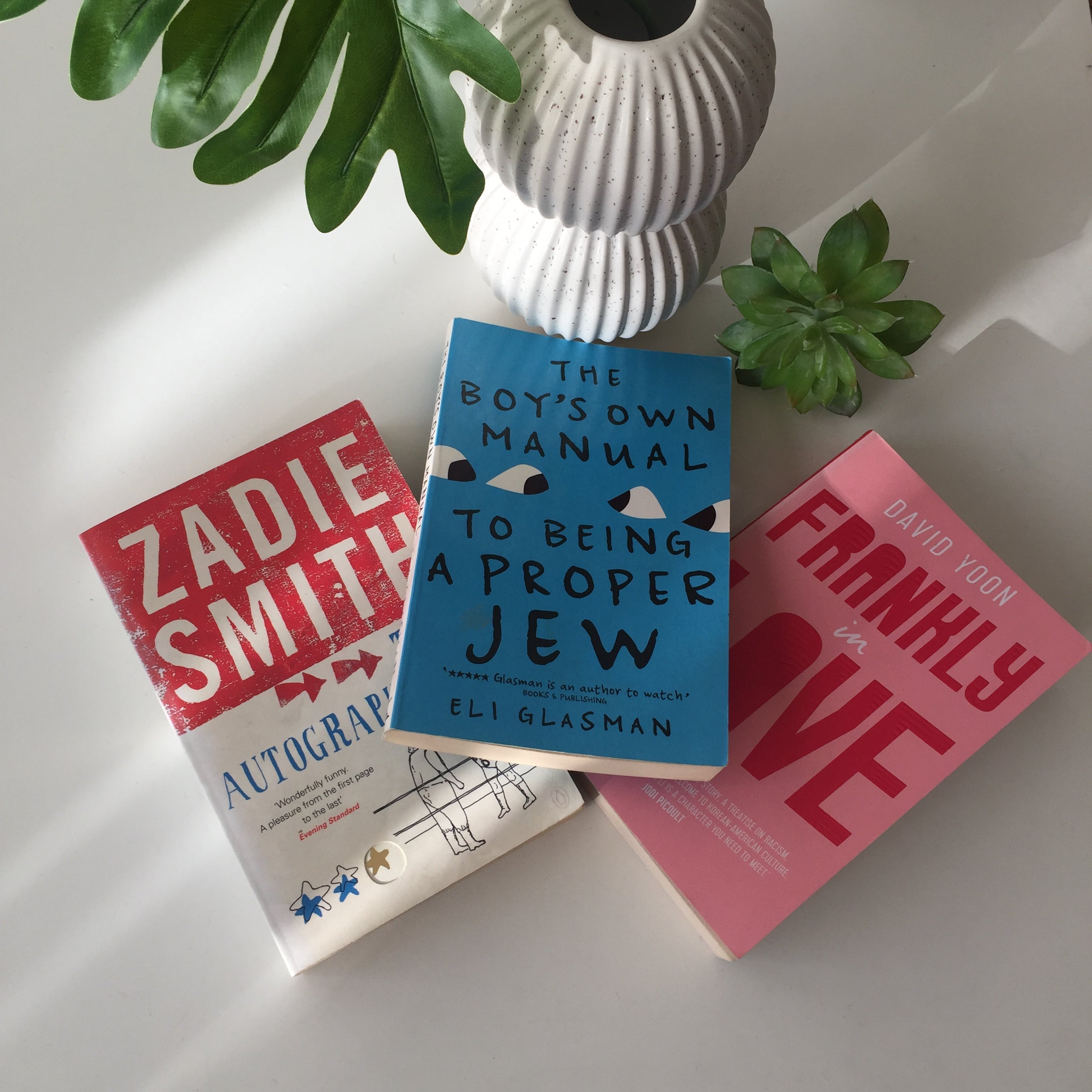Your cart
A Strange New World!

“Later, as he sat on his balcony eating the dog…”
(‘High-Rise’ by J.G Ballard)
“I sometimes wonder what was disappeared first - among all the things that have vanished from the island.”
(‘The Memory Police’ by Yoko Ogawa)
“It was a bright cold day in April, and the clocks were striking thirteen.” (‘Nineteen Eighty-Four’ by George Orwell)
“Death cast is calling with the warning of a lifetime - I’m going to die today.” (‘They Both Die In The End’ by Adam Silver)
The quotes above are the opening lines from some great dystopian novels and evidence of why it is that writers who are able to successfully create them have often become universally referenced and admired among literary lovers.
Dystopian fiction is in many ways a fascinating and challenging genre, depicting a slice of ‘almost’ real life with just a touch of foreboding that insidiously creeps towards the reader like dark shapes on the edge of one’s periphery. Before one has had time to register the true scale of the unfolding horror, the true risk encroaching upon them, the novel and it’s content has already burrowed deep into one’s psyche or even nastier places, if we consider Orwell’s rat as a figurative example.
The protagonists of dystopian fiction are usually very ordinary law-abiding citizens, people who have played within the boundary fence, followed the rules and the powers that be. People whose dutiful sub-ordinance should have been rewarded with a calm and happy life, inconsequential and safe, because that is what civilised society has taught us to believe in and expect. And yet, in complete opposition to the standards we have been taught to measure and predict by, we find these protagonists thrust into danger and chaos. As readers this leaves us simultaneously horrified (for it taps into the notion it could easily be us in their place) as well as somewhat smug and vindictive (as freudenschade rears its head and our baser natures attempt to shake off the similarities by pointing fingers and vehemently asserting that we would surely never be as hopeless or as vulnerable as these anti-heroes and that ‘our story’ would play out differently if we found ourselves in similar circumstances).
So what is it that makes dystopian anti-heroes so vulnerable? The clue perhaps can be found in time, for indeed it is a quintessential element in many dystopian novels. Whether it’s the yawning chasm of time, endured by protagonists like Winston in Orwell’s ‘1984’, Cincinnatis C’ in Nabokov’s ‘Invitation To A Beheading’ and Josef K in Kafta’s ‘The Trial’ that slowly grinds down their will to fight and thrive; or sudden events that bring an abrupt change or ending to all that was previously familiar - like the fast re-structuring of modern society into the archaic Republic Of Gilead in Atwood’s ‘A Handmaid’s Tale’, the fateful plane crash that created the sudden transition from domesticity and adult supervision to the untamed wiles of a tropical island in Golding’s ‘Lord Of The Flies’ or the fateful calls from Death Cast in Silvera’s ‘They Both Die In The End’ - time, like the Reaper catches them all.
One minute everything was normal, comfortable and predictable and the next minute the protagonists found themselves in a metaphorical carnival of mirrors, an alternate reality far darker and crueller than the one they knew before, unsure of how they got there and even more unsure of where to find the exit to make their escape. And as we the readers continue on, like voyeuristic flies, we unwittingly find ourselves in the same circumstances, caught in the bowels of the book, the centre of the spider’s web, lured by the authors words and our own curiosity. The bile has built within us to a stomach-churning climax and the denouement leaves us deep in thought, licking our wounds and often revisiting the strange and haunting echoes of what we have experienced for years to come.
Relevant in-store titles include:
The Beach - Alex Garland
Brave New World - Aldous Huxley
High-Rise - J.G Ballard
Lord Of The Flies - William Golding
The Memory Police - Yoko Ogama
Nineteen Eighty-Four - George Orwell
On The Beach - Neville Shute
They Both Die At The End - Adam Silvera
Happy Reading from the Team at Dorothy Dickens Books & Music!
Related Blogs

Manga
Good Morning, Good Evening and Good Afternoon. I'm Marcus, the latest addition to the DD Team and this week i'm going to be talking about my favour... Continue reading
Why Start an Online Bookstore?
As someone who is a passionate believer in physical books from bricks-and-mortar bookstores, the question of whether to go online has always been a... Continue reading
Identity In A Modern, Multicultural World:
This week we’re delving into young diasporic writers who attempt to capture the confusion, challenge and hilarity that can ensue from trying to nav... Continue reading
“I’ve already seen the movie!”
“I’ve already seen the movie!” one might proclaim. It may be true but have you seen the story from the perspective of it’s original creator (the au... Continue reading- Choosing a selection results in a full page refresh.
- Opens in a new window.
